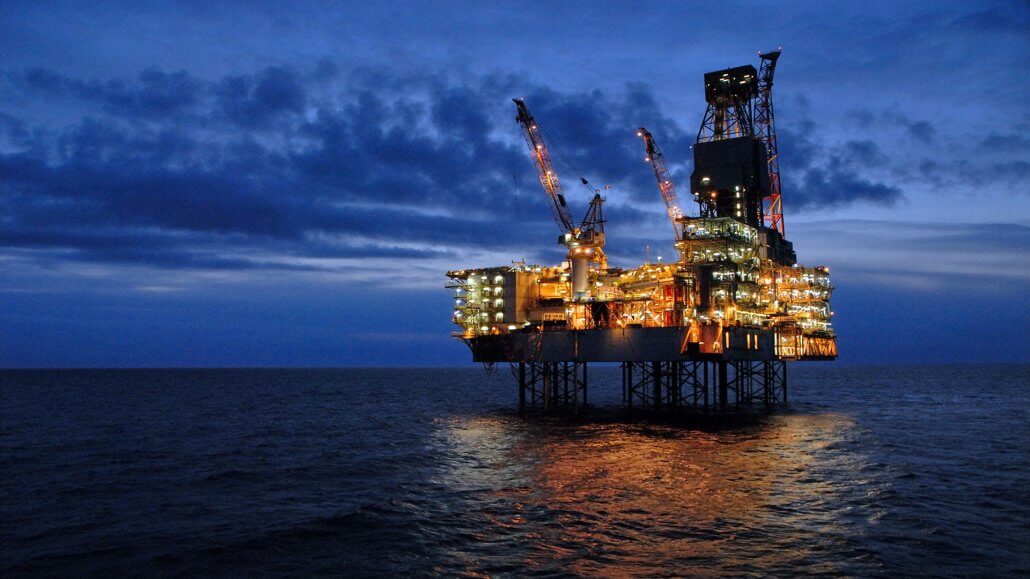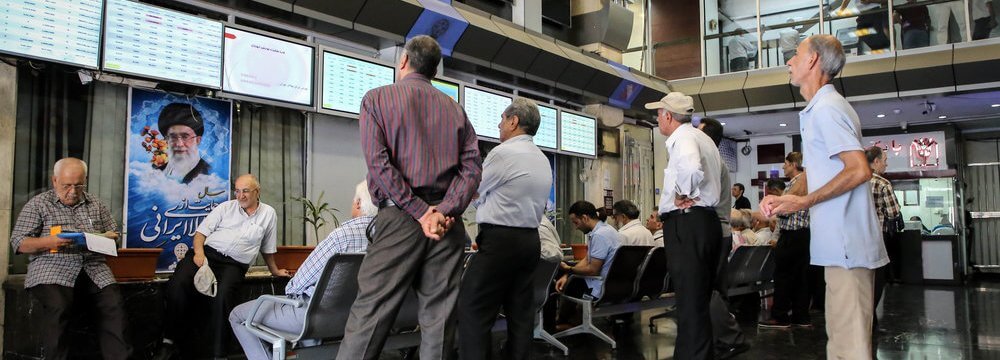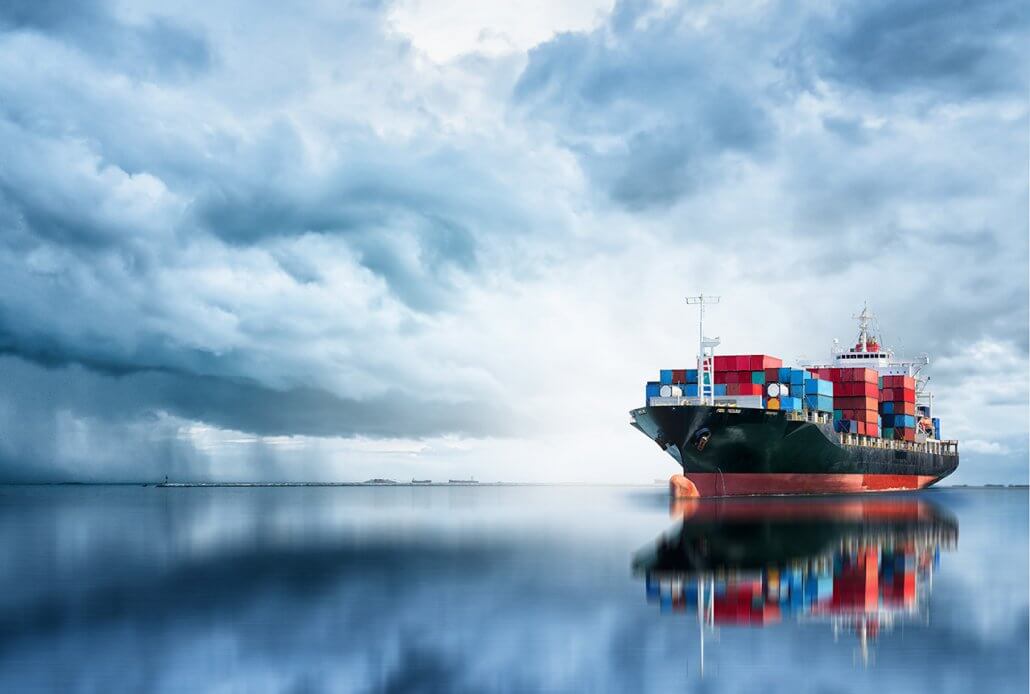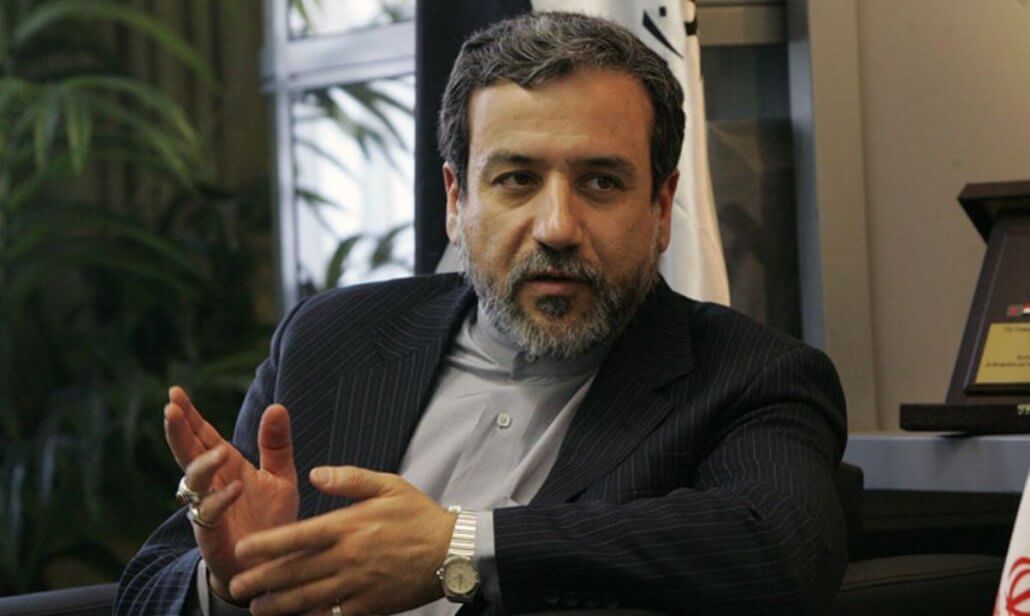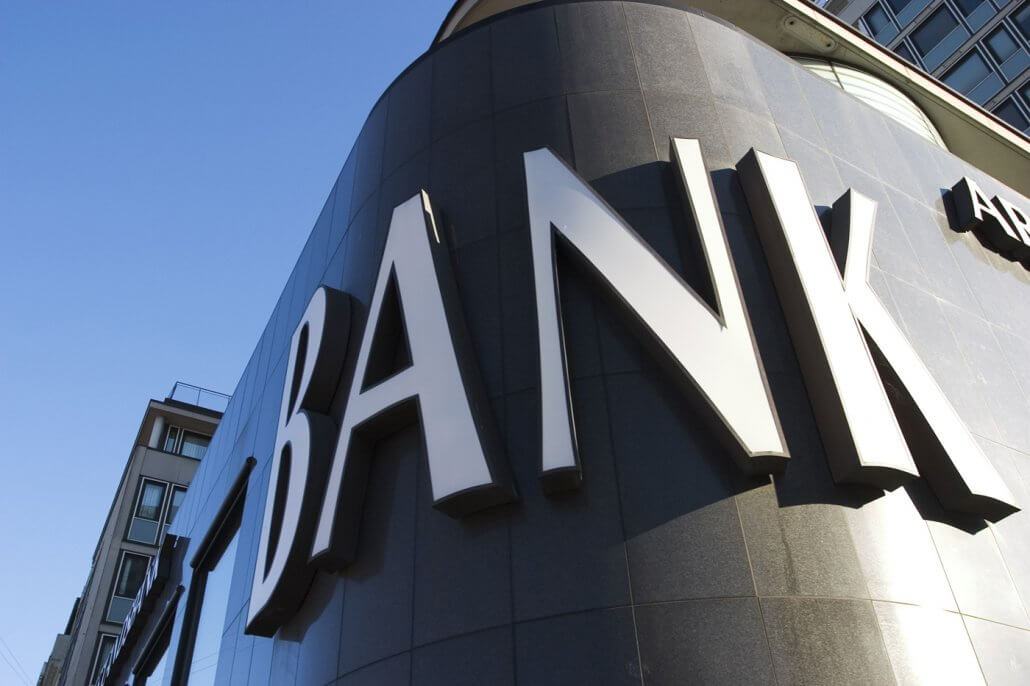“Despite all the externals restrictions, mostly from the US, we have managed to attract more foreign travelers to the country…we expect to see higher growth in inbound tourism in the coming months,” Mounesan said in an interview with the state TV on Thursday.
The official put the lower costs of Iran travel packages as a key factor in making the country more attractive for foreigners.
The sharp decline in the value of the national currency in recent months seems to be an opportunity for fostering the promising industry of tourism in Iran. In recent months, Iranian authorities have redoubled efforts to give a boost to the tourism sector of the country to increase foreign currency revenues and create jobs in declining economic conditions. A sharp declining national currency has meant that travelling to and shopping in Iran is now significantly cheaper for foreign nationals.
Challenges Ahead, Way Forward
But the path has not been free of challenges. The negative image created by the US along with foreign airliners decisions to stop Iran flights in recent months are two key problems the ICHTO is facing, Mounesan said.
He believes that hosting the 40th Plenary Session of the United Nations World Tourism Organization affiliate members in Hamedan has helped lower the recently-raised negativities about Iran.
Representatives of 80 countries took part in the event from Nov. 12 to 14.
At a press conference on the sidelines of the inauguration of the international meeting, the global tourism industry’s biggest annual event, UNWTO Secretary-General Zurab Pololikashvili said the organization is ready to assist Iran as a longstanding member.
“We have traveled to Iran to promote Iran as a safe and calm tourism destination and through helping develop tourism in Iran, strengthen it in face of its problems,” he was quoted as saying.
“Our presence in Iran means that we invite the people of the world to travel to this country and visit its many tourist attractions to add to the number of tourists visiting the country,” he added.
Following the decline in the value of the national currency, several foreign airlines put an end to their Iran flights. British Airways, Air Arabia and KLM were among airlines that found Iran operations not profitable anymore.
“However we have reached agreements with other airlines in order to replace them,” Mounesan said without providing further details.
Qatar Airways announced Monday it is expanding operations in Iran, despite US sanctions on the Islamic republic and an Arab diplomatic rift between Saudi Arabia and its allies on the one hand and Doha on the other hand over the latter’s adoption of close ties with Iran.
The carrier will begin twice-weekly flights to Isfahan in February 2019 and increase existing services to Shiraz and Tehran in January 2019, it said in a statement.
“These latest launches are further evidence of Qatar Airways’ commitment to Iran,” said Akbar al-Baker, the airline’s group chief executive.
Last month, Baker said services to Iran would continue despite a tightening economic and political squeeze on the Islamic republic by Washington.
In addition to US sanctions, the Trump administration has imposed travel restrictions that target and hurt Iranians among other nationals. Based on the policies, that became known as the “Muslim Ban” due to the fact that they primarily target Muslim nations, any nationals that have recently travelled to Iran, in addition to several other countries, will find their travels to the US restricted.
To counter the Trump move, Iran launched an initiative that has been fully implemented in recent months. It eliminates the need for passports of foreign nationals traveling to Iran to be stamped, which removes any threat of future complications in the US.
Relying on the huge potential and local expertise, Iran has been working to promote itself as the top destination for medical tourism in the region. The fast development of medical infrastructures in the past few years along with launching promotion plans in neighboring countries has helped the country make progress towards its long-term goals for boosting its income from medical travelers.
“We can say that we have registered growth in every aspect of inbound tourism,” Mounesan said, “But medical tourism recorded the largest growth compared with other tourism sectors.”
Referring to the recent measure taken by Iranian government to abolish visa requirement for Omani travelers, he said, “Citizens of the neighboring country are now showing more interest in Iran medical services.”
Iran eliminated the need for citizens of Oman to obtain visas to travel to the Islamic Republic in September and announced that the initiative will come into effect early October.
The Iranian government is also working on plans to lift visa requirement for citizens of China, said the ICHTO head, in line with its long-term plans to attract more Chinese travelers to the country.
About 69,000 Chinese travelers visited Iran during the last Iranian year (March 207-18). The majority of Chinese travelers visit Iran for business purposes, but Iran is trying to attract visitors for recreational as well as medical purposes as well.
Eco-tourism packages – a relatively new tourism service offered by Iran – have proved to be appealing to foreign travelers. “Especially Europeans showed great interest in Iran eco-tourism packages and eco lodges” Mounesan said.
FINANTIAL TRIBUNE


